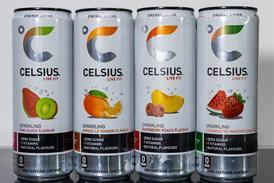Insurance: Cover your bases

Accidents can happen at any time in a store, but when you venture into offering food to go, the risks increase. Aidan Fortune looks at the implications for insurance
ALREADY HAVE A REGISTERED USER ACCOUNT? PLEASE LOG IN HERE
To read the full story join the ConvenienceStore.co.uk community today!
Registration is quick and easy and provides access to:
- Unlimited ConvenienceStore.co.uk articles
- Our great range of newsletters
- Content you’ve saved for later via the ‘my library’ feature
And much more…
























